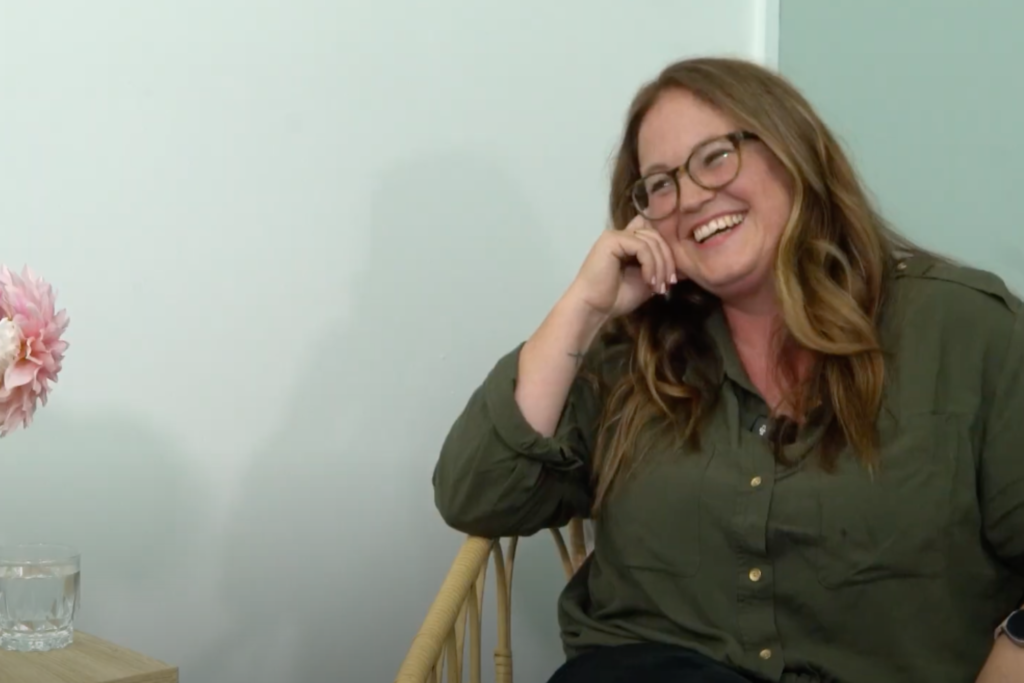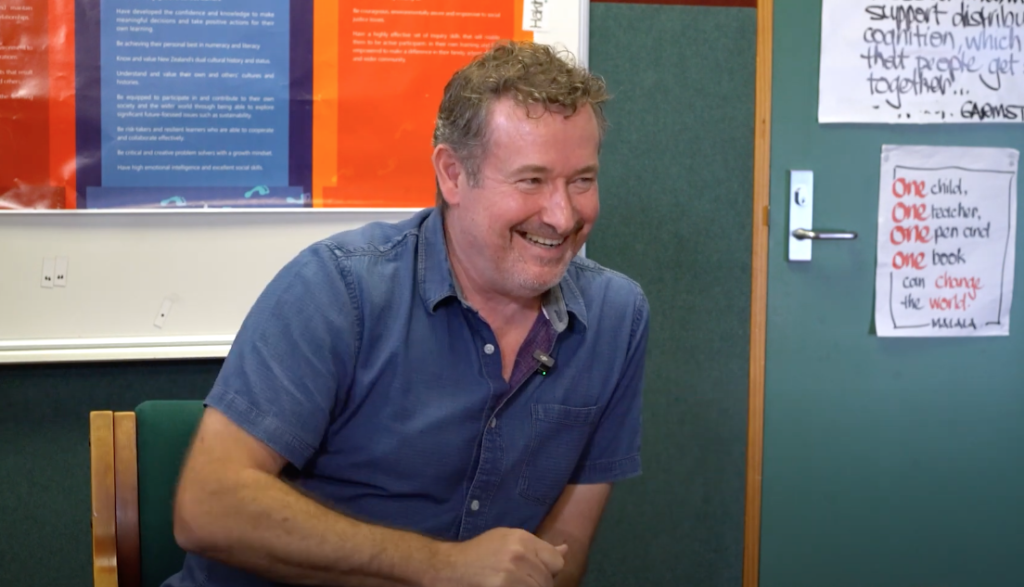In our podcast with Professor Grant Schofield, we tackled the topic of mental health, especially the idea of “languishing,” which is struggling to bounce back from life’s challenges. Schofield pointed out that this issue is often not discussed enough in society. While there’s some focus on young men’s mental health due to high suicide rates, young women’s mental health is often overlooked.
He highlighted that young women face twice as much depression, major depression, self-harm incidents, and suicide attempts compared to young men. Over the past 20 years, this trend has become more evident. Schofield cited the New Zealand Health Survey, which tracks psychological distress—essentially, not feeling mentally well at a given time. Back in 2005, about 5% of 16-24 year-olds were in severe psychological distress, with young women being twice as likely as young men to be affected. This rate stayed relatively stable until around 2011-2012 when it started to spike.
By 2021, about 24% of that age group experienced severe psychological distress, with young women still twice as affected as young men. Schofield raised important questions:
What changed around 2011-2012?
Why are girls more affected than boys?
And most importantly, what can we do about it?
He emphasised the need for advocacy and resources to address this growing mental health crisis among young people.
To hear more from Grant about mental health statistics and more click here!













 Date: October – Clear your Friday’s!!
Date: October – Clear your Friday’s!!  Time: 9am – 1pm
Time: 9am – 1pm Location: Kirikiriroa
Location: Kirikiriroa